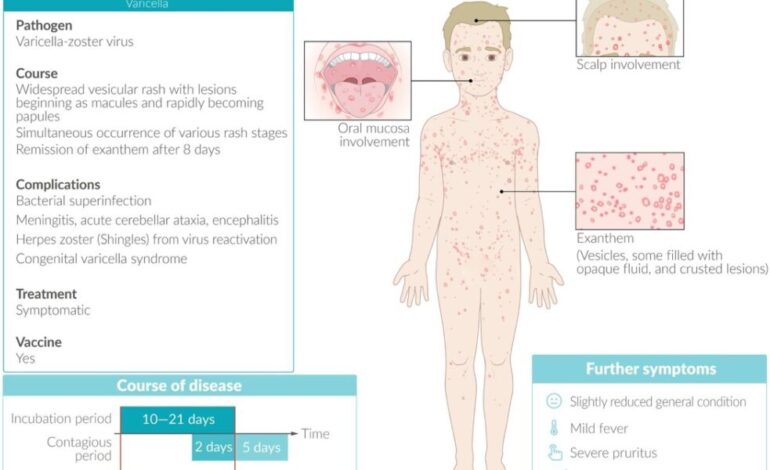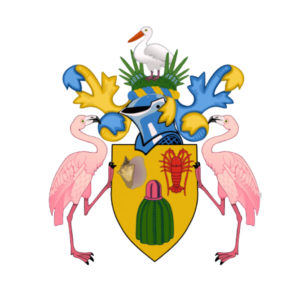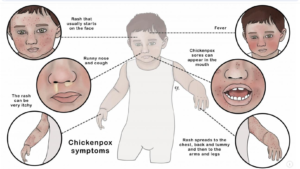Increased cases of Chicken Pox Prompts Ministry of Health and Human Services Response

PRESS RELEASE
MINISTRY OF HEALTH & HUMAN SERVICES
Providenciales, Turks and Caicos Islands, 25 April 2024 – The Ministry of Health and Human Services is issuing a public advisory regarding a recent increase in chicken pox cases, particularly within school communities in the regions of Grand Turk and Providenciales. The Ministry is actively monitoring the situation and is working closely with affected schools to provide support and education aimed at preventing further spread of the virus.
Chicken pox, caused by the varicella-zoster virus, is a highly contagious infection characterized by a distinctive rash of itchy red spots or blisters. Transmission occurs via droplets, aerosols, or direct contact with respiratory secretions, and almost always produces clinical disease in susceptible individuals. While mostly a mild disorder in childhood, varicella tends to be more severe in adults. It may be fatal, especially in neonates and in immunocompromised persons. The Ministry urges parents, teachers, and the general public to remain vigilant and familiarize themselves with the signs and symptoms of chicken pox, which may include:
- Rash: The primary symptom of chicken pox is a rash that typically begins as small red spots, which then develop into fluid-filled blisters over several days.
- Fever: Children with chicken pox may experience a mild to moderate fever, often preceding the appearance of the rash.
- Fatigue: Some individuals may feel generally unwell, tired, or lethargic.
- Loss of Appetite: A decreased desire to eat may accompany other symptoms of chicken pox.
Management aims to relieve symptoms and reduce the risk of complications and may include:
- drinking plenty of fluid (try popsicles if your child is not drinking) to avoid dehydration.
- taking paracetamol to help with pain and discomfort.
- cut your child’s fingernails and put socks on their hands at night to stop them scratching.
- use cooling creams or gels e.g. Calamine lotion
- speak to your health care provider about using antihistamine medicine to help itching.
- bathe in cool water and pat the skin dry (do not rub)
- dress in loose clothes.
- do not use ibuprofen unless advised to do so by a doctor, as it may cause serious skin infections.
- do not give aspirin to children under 16.
- do not go near newborn babies, or anyone who is pregnant or has a weakened immune system, as chickenpox can be dangerous for them.
- do not scratch the spots, as scratching can cause scarring.
To mitigate the spread of chicken pox within schools and communities, the Ministry emphasizes the importance of practicing good hygiene habits, including frequent handwashing with soap and water, covering coughs and sneezes with a tissue or elbow, and avoiding close contact with infected individuals.
In the event that a child exhibits symptoms of chicken pox, parents and caregivers are advised to keep them at home and seek medical attention promptly. A sick leave for a period of 14 days is usually given. After the 14 day sick leave period, the individual must return to the physician or the public health nurse at one of the primary care clinics to obtain a fit for work or school certificate allowing them re-entry back into school or work. Anyone returning earlier than this time or without this certificate should not be allowed in school so as to prevent spread to other children. Additionally, it is crucial to inform school authorities to prevent further transmission among classmates and staff.
The Ministry of Health and Human Services is committed to ensuring the health and well-being of all citizens, and will continue to work diligently to address this current situation. For further information and guidance on chicken pox prevention and management, please visit Turks and Caicos Islands Ministry of Health and Human Services Facebook page at https://www.facebook.com/tciministryofhealth/.










